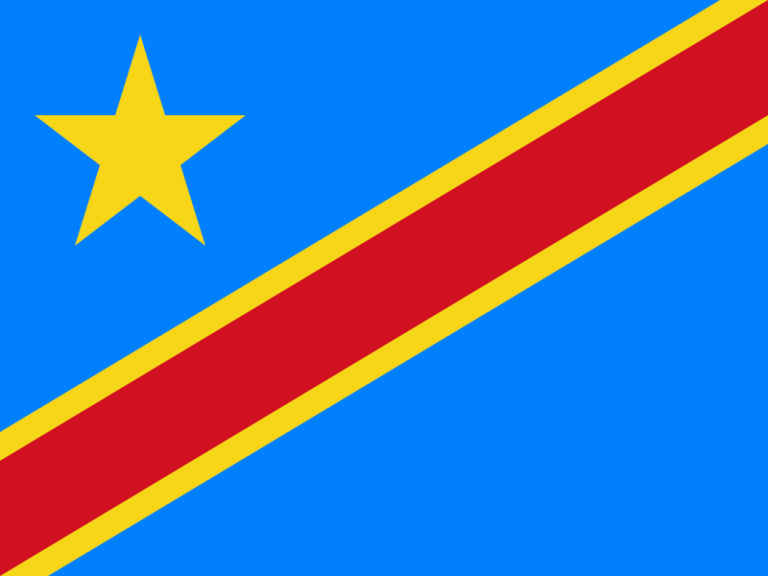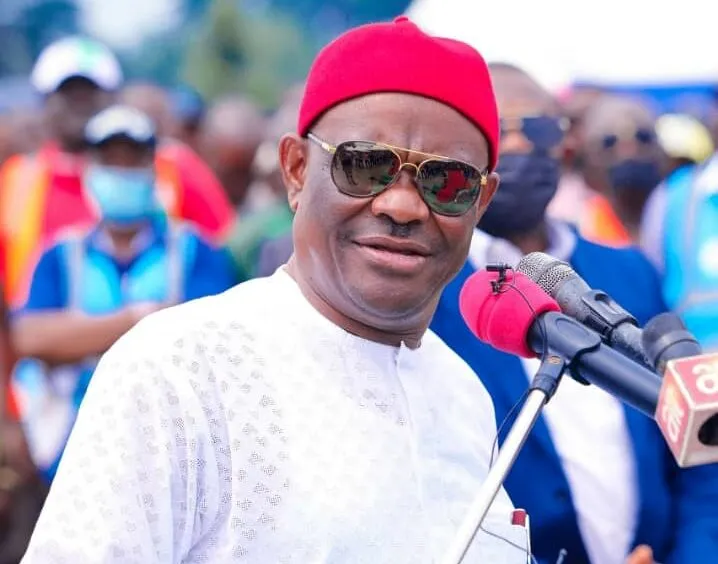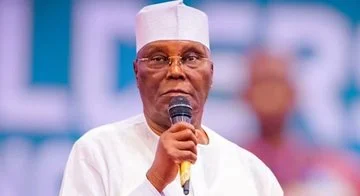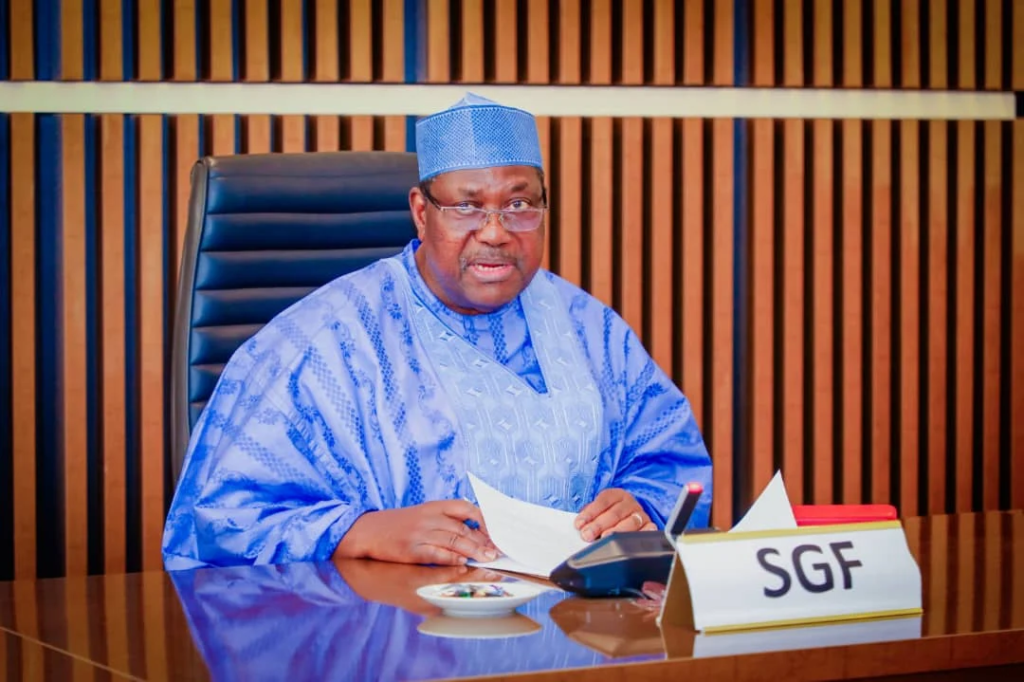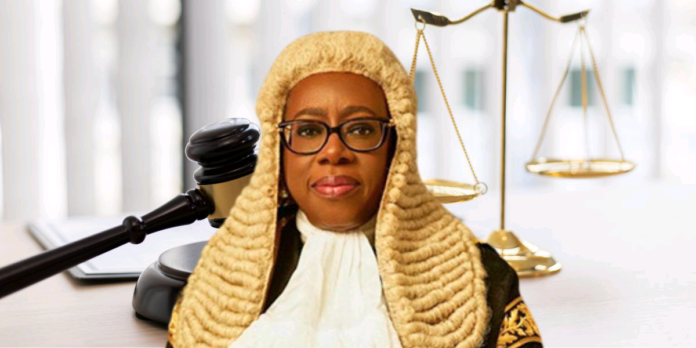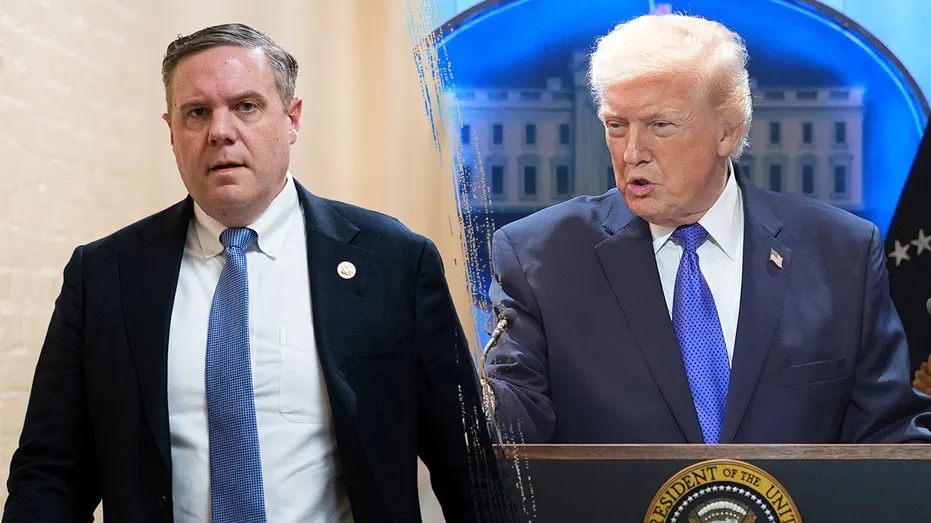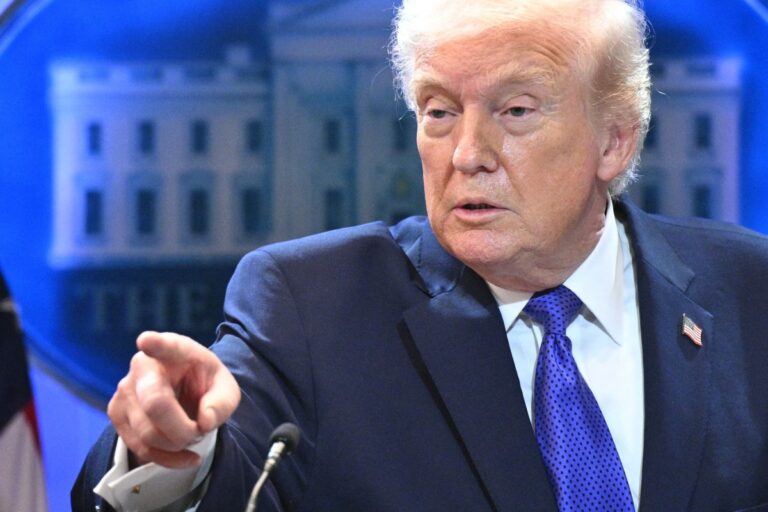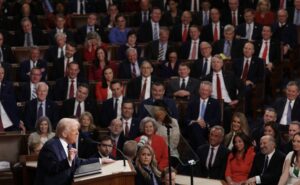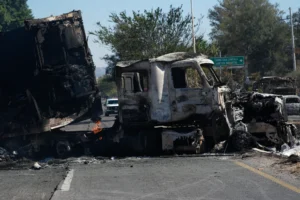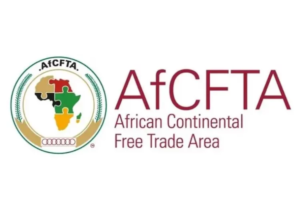In response to escalating rebel attacks in the volatile eastern region, the Democratic Republic of Congo (DRC) has reinstated the death penalty, particularly for treason and “banditry”.
Justice Minister Rose Mutombo communicated this decision in a signed statement on Wednesday, lifting a ban on capital punishment imposed in 2003.
The move comes amidst a two-year offensive by M23 (March 23 Movement) rebels, who have seized control of significant areas in the northeastern North Kivu province.
Suspicions of collusion between some Congolese soldiers and the M23 rebels have emerged, prompting the arrest of military personnel, parliamentarians, senators, and business leaders on charges of “complicity with the enemy”.
According to the statement issued by the Justice Minister, acts of treachery and espionage have inflicted significant harm on both the population and the Republic. The restoration of the death penalty aims to purge the country’s army of traitors and address the surge in terrorism and urban banditry resulting in fatalities.
However, the decision has sparked condemnation from several human rights organizations.
The Congolese pro-democracy citizens movement, LUCHA, expressed concerns that the move could lead to summary executions in a country where the justice system’s flaws are widely acknowledged.
Similarly, Amnesty International denounced the decision as a serious regression and a sign of further deterioration in human rights standards.
Security forces in the eastern region, speaking anonymously to AFP, revealed plans for public executions of soldiers accused of collaborating with the enemy, particularly with the M23 rebels and Rwanda.
The death penalty, frequently imposed before its ban by former president Joseph Kabila, was often associated with cases involving military officers or members of armed groups.
Despite the restoration of the death penalty, the DRC’s history shows a tendency to commute death sentences to life imprisonment since 2003.

